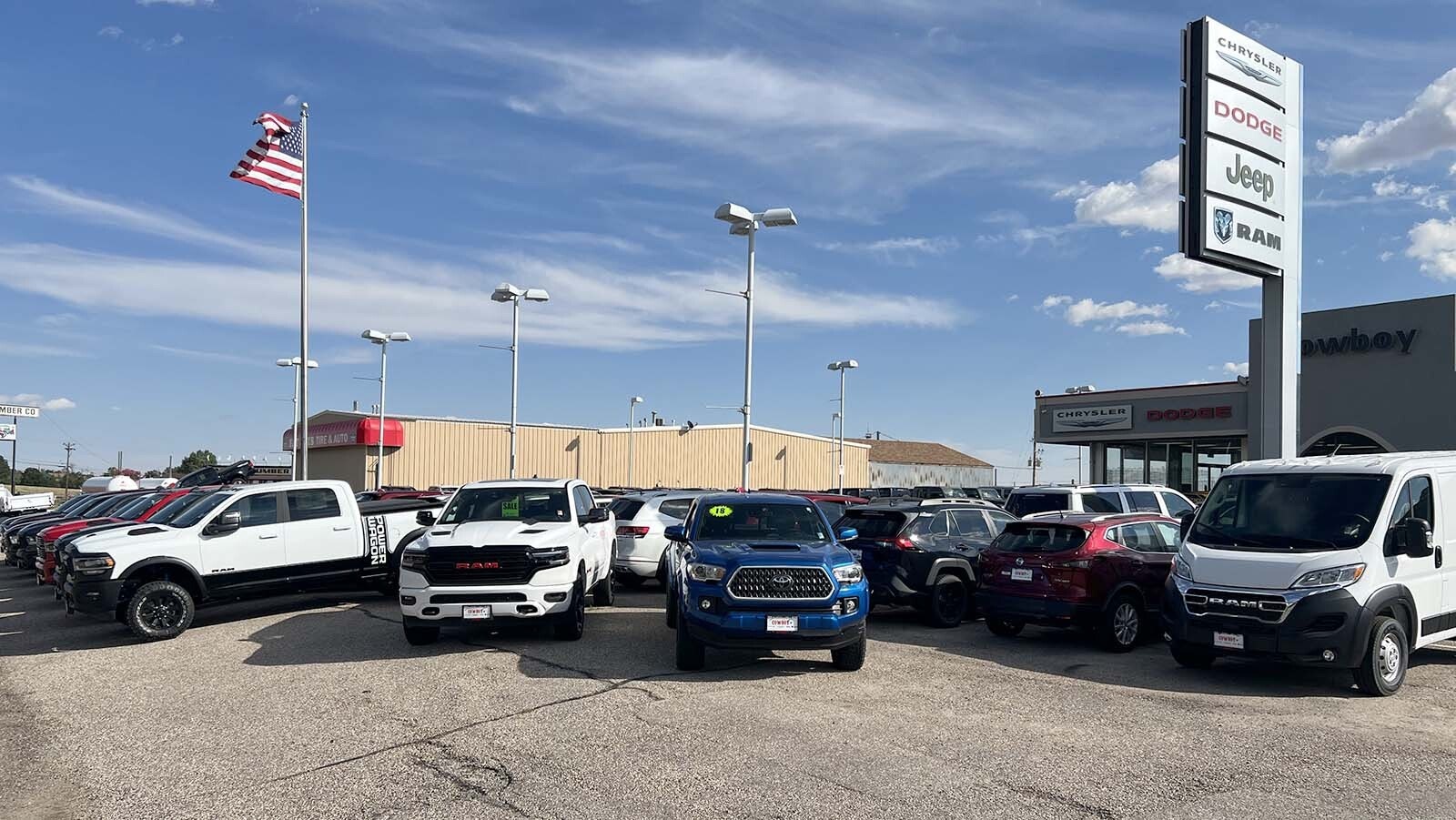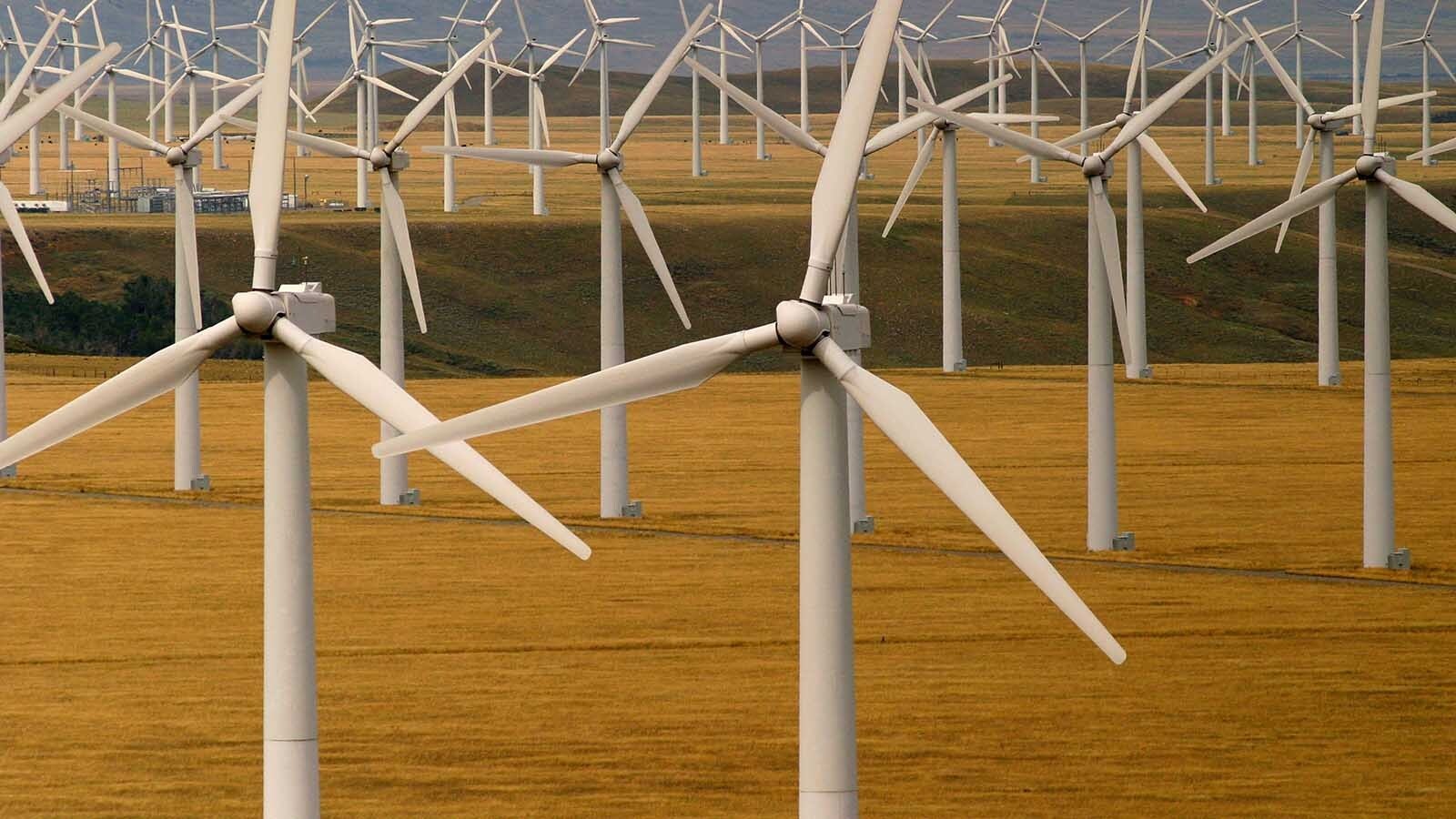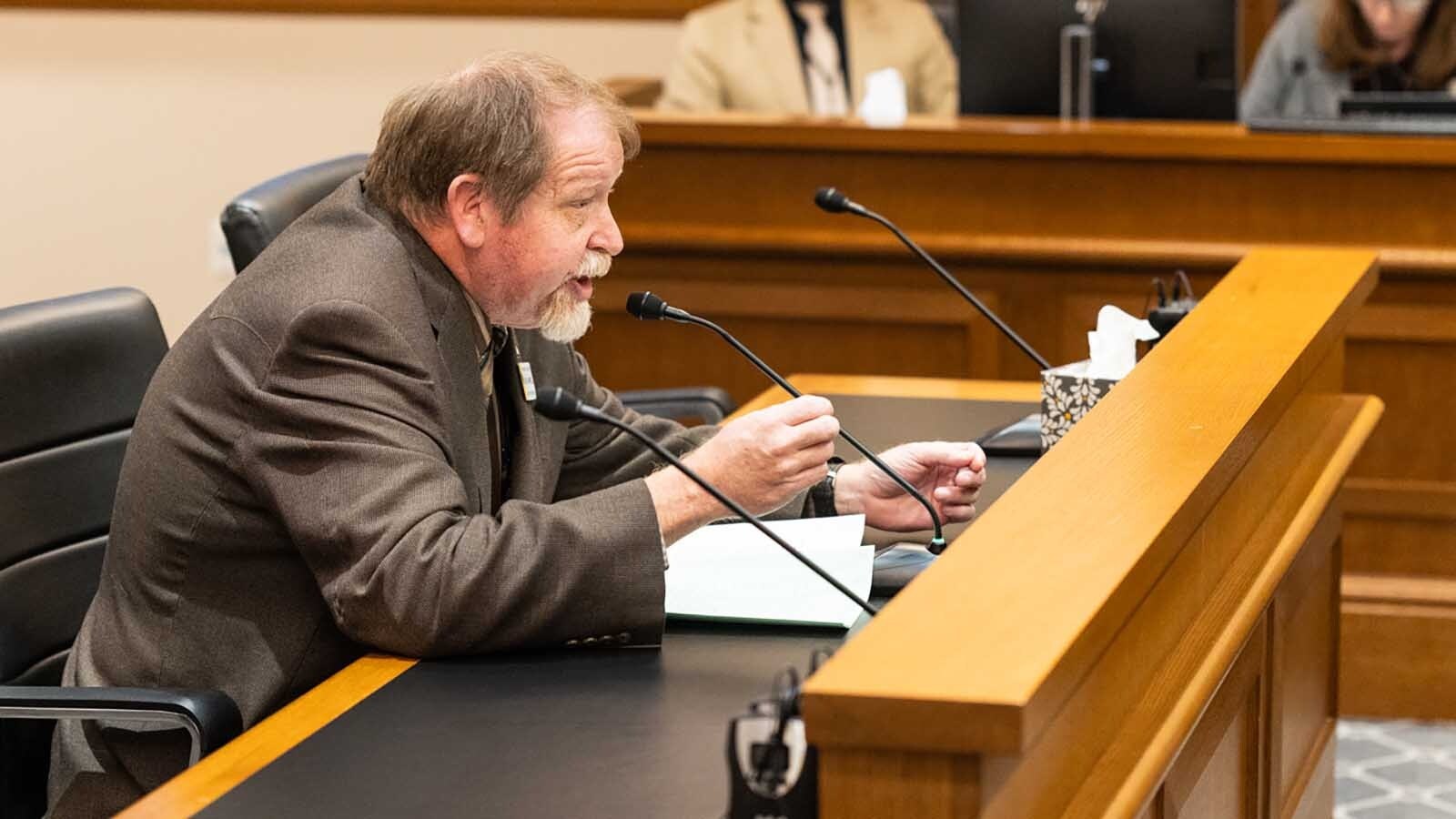The Institute for Energy Research launched a coalition this week to push back against electric vehicle (EV) mandates from the federal government and California. Save Our Cars, which has a list of 31 partnering organizations, argues that Americans should be free to choose the car or truck that best suits their needs.
The announcement this week of the group’s formation coincided with U.S. Secretary of Energy Jennifer Granholm’s disastrous public relations effort for federal EV policies, which aim to put just about every American into an EV by 2035.
NPR reported that members of Granholm’s team went ahead of the secretary of energy to a charging station, only to find there weren’t enough chargers for everyone and one of the ports was broken.
To reserve a spot for the VIP, a member of the team parked a gas-powered car in the charging spot for Granholm. A family needing to charge their vehicle wasn’t happy to have to wait in their vehicle with a baby on a hot day while someone blocked the charging port with a gas-powered car. So, they called the police.
Rather than demonstrate the value of EV mandates, the incident demonstrated that EVs are not for everyone.
“Our coalition are state-based and national organizations, and we’re coming together to say ‘enough is enough.’ Save our Cars. Let American families choose the types of cars that best suit them,” Thomas Pyle, president of the Institute for Energy Research (IER), told Cowboy State Daily.
Integral
Not every EV driver encounters problems charging on road trips. Cheyenne resident and EV enthusiast Jason Bloomberg took a 5,233-mile road trip last month in his Tesla, and he said he encountered no broken chargers or lines for charging ports.
Many Tesla drivers report high levels of satisfaction with charging station availability.
Riverton-based Wind River Internet is switching its work fleet to the F-150 Lightnings because the savings on maintenance and other benefits makes it worth it.
Save Our Cars doesn’t oppose EVs and welcomes consumers having the freedom to choose them when it fits their particular circumstances. The coalition only opposes efforts to force changes in the marketplace that are at odds with consumer preference.
“Cars are not merely vehicles. They are integral to the American way of life,” Pyle said. “Our ultimate goal is to get us to a place where consumers, not the government, are driving the auto market in the future.”
Unintended Consequences
Tyler Lindholm, Wyoming state director for Americans For Prosperity, which is among the organizations that are part of the Save Our Cars coalition, said the government meddling in the automotive industry has a history of unintended consequences.
He pointed to diesel exhaust fluid (DEF), which the EPA mandated for its alleged environmental benefits, as an example.
“Now we see the interstate ditches full of cardboard boxes and empty DEF plastic jugs. Government tends to really screw things up, especially in the automotive space,” Lindholm told Cowboy State Daily.
The fluid also freezes at 12 degrees Fahrenheit, so the vehicle has to be plugged in during cold weather. This environmental regulation requires diesel vehicles to use more electricity.
Hurting The Poor
Pyle said that EV mandates will likewise fail to achieve their stated goals of reducing emissions.
The cars are not necessarily better for the environment. The mandates will require an exponential increase in mining, much of which will be sourced from countries with more lax regulations than the U.S. Manufacturing an EV requires far more emissions than those of a gas powered car. EVs have to be driven 50,000 miles or more before there’s a net reduction in emissions.
Depending on a number of factors, such as where the minerals are processed and how, there may be no emissions reduction.
The EV mandates also are distorting the car market and hurting low-income Americans, Pyle said. Not only are EVs more expensive than gas-powered cars, they’re not selling as well as automakers and the federal government hoped.
That means people are holding onto their gas-powered cars longer, which is reducing the supply of used vehicles. Low-income Americans are being priced out of the used car market.
Older cars also tend to be less safe, Pyle said, so the regulations are ultimately creating less safety.
Backlash
Aaron Turpen, a Cowboy State Daily automotive writer and supporter of electric vehicles, said that the mandates also create a backlash against the EV industry.
“The fastest way to get Americans to not like whatever it is you want them to do is to require it,” Turpen said.
He also said that the EV target dates are well past the Biden administration’s timeline, meaning they will likely get reversed should the 2024 presidential election not go in favor of Democrats.
The rush to build out infrastructure to support the EV mandates is also leading to shoddy construction, he said, and utilities don’t have the time to plan for the increased electricity demand that will fall onto the grid as a result of vehicle charging.
Future Steps
Pyle said that if regulations were more flexible and not so ideologically driven, they could have had a better impact. This would have included more support for hybrids and fuel-efficient vehicles.
“This fixation with demonizing the oil and gas industry is blinding.” Pyle said.
He said that the coalition is hoping to grow and expand. Other current members of the Save Our Cars Coalition include the American Energy Alliance, Competitive Enterprise Institute, the Committee to Unleash Prosperity, and the Texas Policy Foundation.
The group will be communicating directly with American consumers and providing information to be able to understand the impacts of the regulations and how to make their voices heard.
“We’ll also be holding the Biden administration and the state of California accountable for the impacts they’re having on families and people with lower incomes,” Pyle said.





